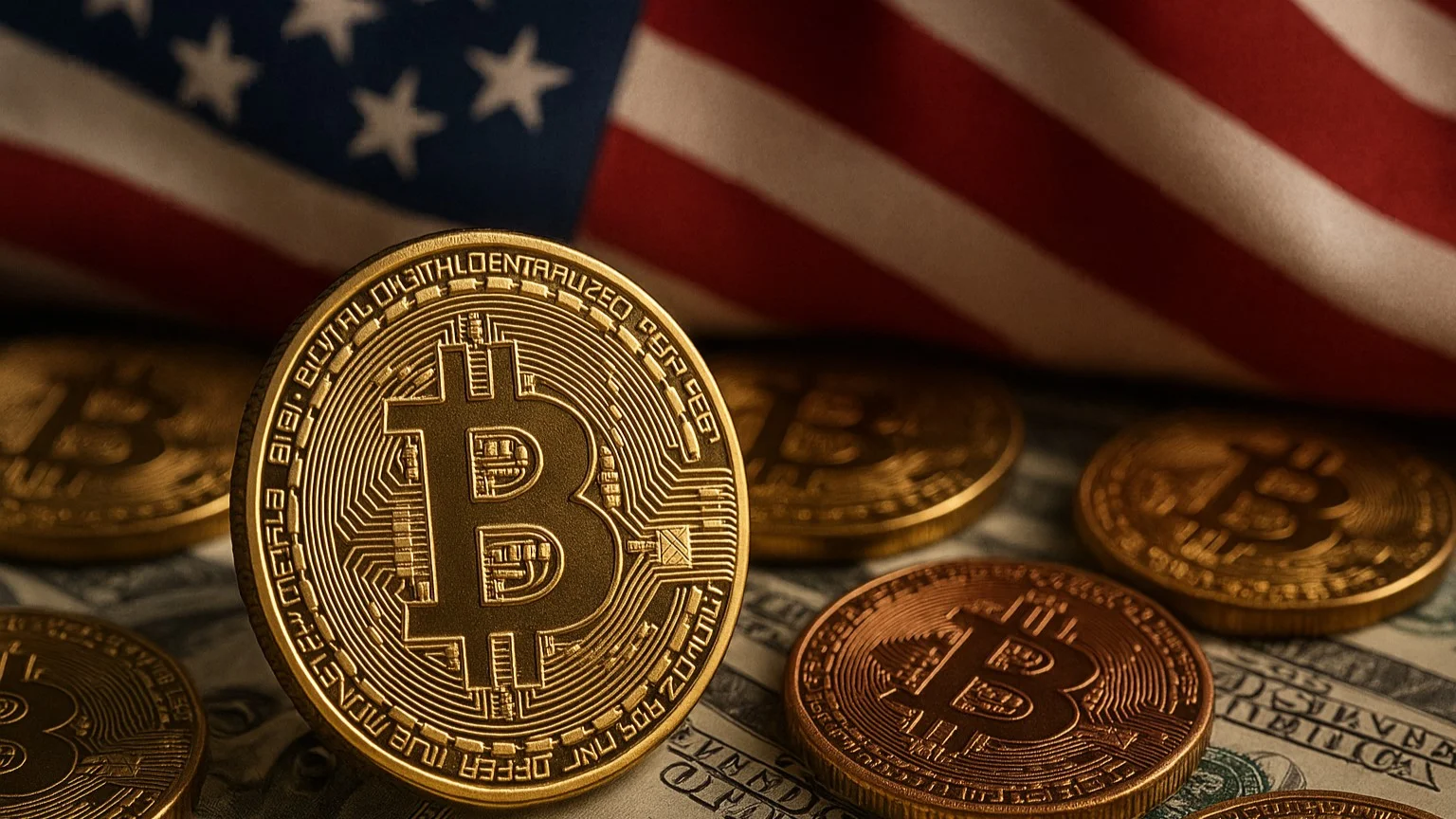News
Regulation News
Regulation News
Browse all Regulation related articles and news. The latest news, analysis, and insights on Regulation.
Trump Shields Crypto Sector: Investigation Into "Debanking" Practices Underway
Former US President Donald Trump is preparing to take action against allegations that various sectors, particularly crypto companies, are being excluded from the financial system. According to The Wall Street Journal, Trump is about to sign a comprehensive executive order targeting banks' attempts to block individuals and institutions from accessing financial services for political reasons. The executive order is also expected to examine the "debanking" practices targeting crypto companies.Trump's draft executive order not only investigates whether banks discriminate based on political affiliation but also proposes fines and disciplinary procedures if violations are detected. It will also investigate whether financial institutions violate the Equal Credit Opportunity Act, antitrust laws, and consumer protection regulations. It is rumored that the executive order could be signed this week."Choke Point 2.0" DebatesIt has been frequently stated that the crypto sector has been under intense regulatory pressure, especially during the Biden administration. This process has become known within the industry as "Operation Choke Point 2.0." This operation, first implemented during the Obama administration, aimed to exclude sectors deemed high-risk from the financial system. However, over time, this practice evolved into the exclusion of individuals and institutions deemed politically unsuitable. Especially after 2022, crypto companies and conservative groups argue that they are direct targets of this policy. Trump's executive order aims to end discriminatory policies against crypto companies and conservatives. The executive order will also review the Small Business Administration's lending partnerships, and some cases will be referred to the Department of Justice.Crypto industry voices riseTrump is known to have increasingly adopted a crypto-friendly stance during the campaign. Prominent figures in the crypto industry (such as Coinbase CEO Brian Armstrong, Gemini founders Tyler and Cameron Winklevoss, and Custodia CEO Caitlin Long) have publicly shared their past debanking experiences.Donald Trump's son, Eric Trump, has also stated that he has been subjected to this pressure. World Liberty Financial, one of the crypto projects he manages, and Bitcoin mining firm America Bitcoin stated that they were unable to receive service from banks. "Because my father was in politics, banks excluded us from the system. At that moment, I realized crypto was an alternative way to escape this system," he said, summing up his experience.Banks have begun taking precautionsWith the expectation that the Trump administration will approach crypto more favorably, some banks have begun reviewing their policies. In recent months, banks have even been known to meet with Republican attorneys general to prove they are not politically discriminated against. Trump-appointed regulators (the Fed, the OCC, and the FDIC) have also announced that abstract reasons like "reputational risk" will no longer be considered in customer relationships.
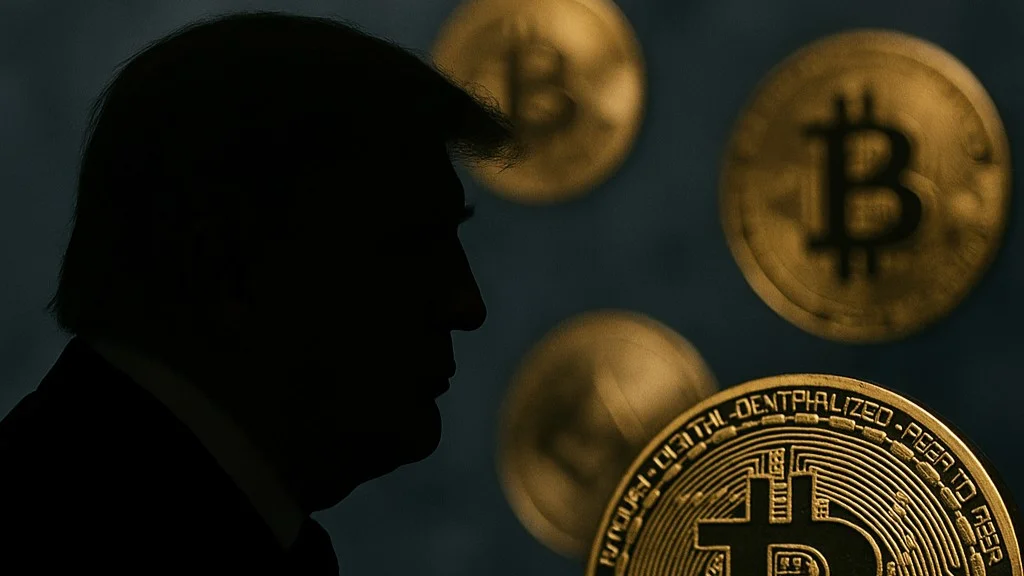
SEC Issues New Regulation for Stablecoins: "Cash Equivalent" Definition Released
The U.S. Securities and Exchange Commission (SEC) has published new staff guidance regarding accounting rules for stablecoins. According to Bloomberg, this guidance suggests that stablecoins, specifically pegged to the US dollar, can be classified as "cash equivalents" under certain circumstances. This signals a critical development for both institutional investors and companies concerned about regulatory uncertainty in the cryptocurrency sector.What does the definition of "Cash Equivalent" mean?The new SEC guidance states that stablecoins, which are pegged 1:1 and have a secured repayment mechanism, can be considered cash or cash-like assets in traditional accounting systems. This provides direct legal clarity, particularly for reserve-backed stablecoins like USD Coin (USDC). These assets, previously subject to debate regarding their status as securities, are now classified as "not intended for investment" and "not intended for speculation." The SEC's statement states the following:“Generally, four main criteria are required for a stablecoin to be considered a security: (1) the sale proceeds are directed to a reserve fund and are not intended for investment purposes; (2) the distribution method does not encourage speculative trading; (3) a reasonable purchaser would not view the stablecoin as an investment vehicle; and (4) the reserve fund is sufficient to cover redemption upon request.”Project Crypto and a New Era in RegulationThis guidance, enacted under the leadership of SEC Chairman Paul Atkins, is part of the recently announced “Project Crypto” initiative. This project represents a modernization process aimed at migrating America’s financial markets to blockchain. Atkins argues that the SEC should adopt a more flexible and innovative approach to crypto assets. In this context, this new approach to not treating stablecoins as securities has been welcomed across the industry.USDC and Market ImplicationsThe new regulation most significantly impacts stablecoins like USDC, known for their transparency and regulatory compliance. USDC, issued by Circle, currently has a market capitalization of approximately $64.3 billion. Its 24-hour trading volume is $11.98 billion. The price change over the past seven days, with a 0.03% decrease, signals stability, while a 0.01% increase was observed over the 24-hour period.This stable outlook suggests that stablecoins may have the potential for greater institutional adoption following the SEC's guidance. The new classification could make it easier for banks and publicly traded companies, in particular, to incorporate stablecoins into their balance sheets. It could also pave the way for companies that have been hesitant to enter the stablecoin market due to their securities status.Although official statements from Circle and similar major companies have not yet been released, market participants view this move by the SEC as a positive signal. The SEC's latest move could mark a significant turning point in the cryptocurrency market's integration with the traditional financial system. The US regulatory framework, previously criticized as strict and vague, appears to be softening with this latest development. If this approach continues, it may not be surprising if the US assumes leadership in the global stablecoin market.
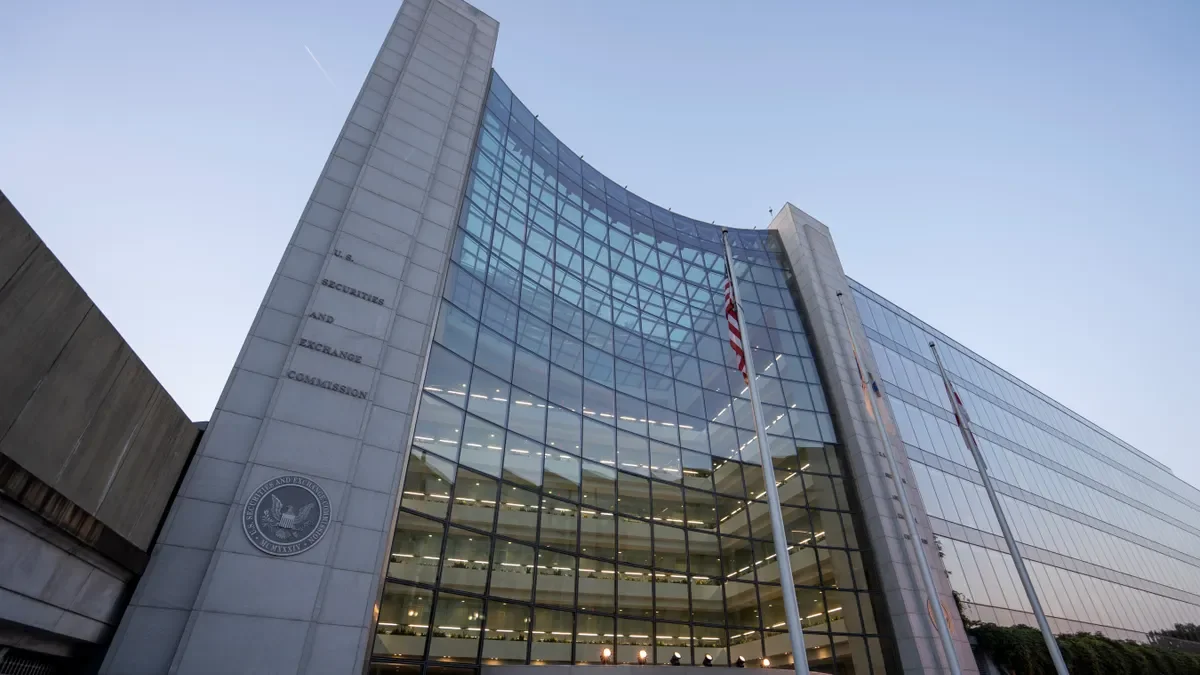
Major US Move into Crypto Market: CFTC Greenlights Leveraged Spot Crypto Transactions
The U.S. Commodity Futures Trading Commission (CFTC) is preparing to make a historic change to cryptocurrency regulations. According to the new initiative announced by CFTC interim Chair Caroline Pham, exchanges currently authorized to offer futures contracts will be allowed to offer spot cryptocurrency transactions with leverage.What does the new regulation mean?The model the CFTC is working on envisions exchanges with Designated Contract Market (DCM) status transitioning beyond limited derivatives to direct spot cryptocurrency transactions. Spot transactions allow users to buy and sell assets instantly, while leveraged trading allows investors to take larger positions. This framework will offer both institutional and retail investors more trading options within a regulated and supervised framework. Furthermore, because it is planned to utilize existing legal infrastructure, it can be implemented quickly without waiting for new legislation from Congress. Coordination with the SEC: A move parallel to "Project Crypto"This development, as we reported last week, follows the "Project Crypto" initiative announced by U.S. Securities and Exchange Commission (SEC) Chairman Paul Atkins. This initiative aims to clarify the rules for classifying blockchain-based assets as securities.The CFTC, on its part, wants to create a space suitable for regulating cryptocurrencies as commodities. This signals the emergence of a two-agency digital asset regulatory system in the U.S. Thus, under a collaborative structure between the SEC and CFTC, investors will be able to trade on a more robust basis, both in terms of security and flexibility.Comment period begins: August 18 deadlineCaroline Pham said in a statement, "Starting today, we invite all stakeholders to provide feedback on how leveraged spot crypto asset contracts could be listed on a DCM." This consultation process, launched on the CFTC's official website, will remain open until August 18, 2025. Comments submitted will be shared publicly and actively evaluated in shaping regulations. This process allows various actors in the crypto ecosystem (exchanges, investors, developers, and legal experts) to contribute to the process.In futures trading, investors enter into contracts to buy and sell assets on a specific date. However, in spot markets, assets are bought and sold instantly. Including spot markets in the scope of regulation could allow institutional investors, in particular, to become more active.Leveraged spot trading offers the opportunity to increase potential profits but also carries risks. Therefore, the CFTC emphasizes that the regulations aim to both ensure investor protection and maintain market stability.What does it mean for the crypto market?If this plan is implemented, it could usher in a new era for the US crypto market. Currently, many major investors are cautious about the crypto market due to regulatory uncertainty. However, this move will allow cryptocurrencies to be traded in broader, more regulated markets.
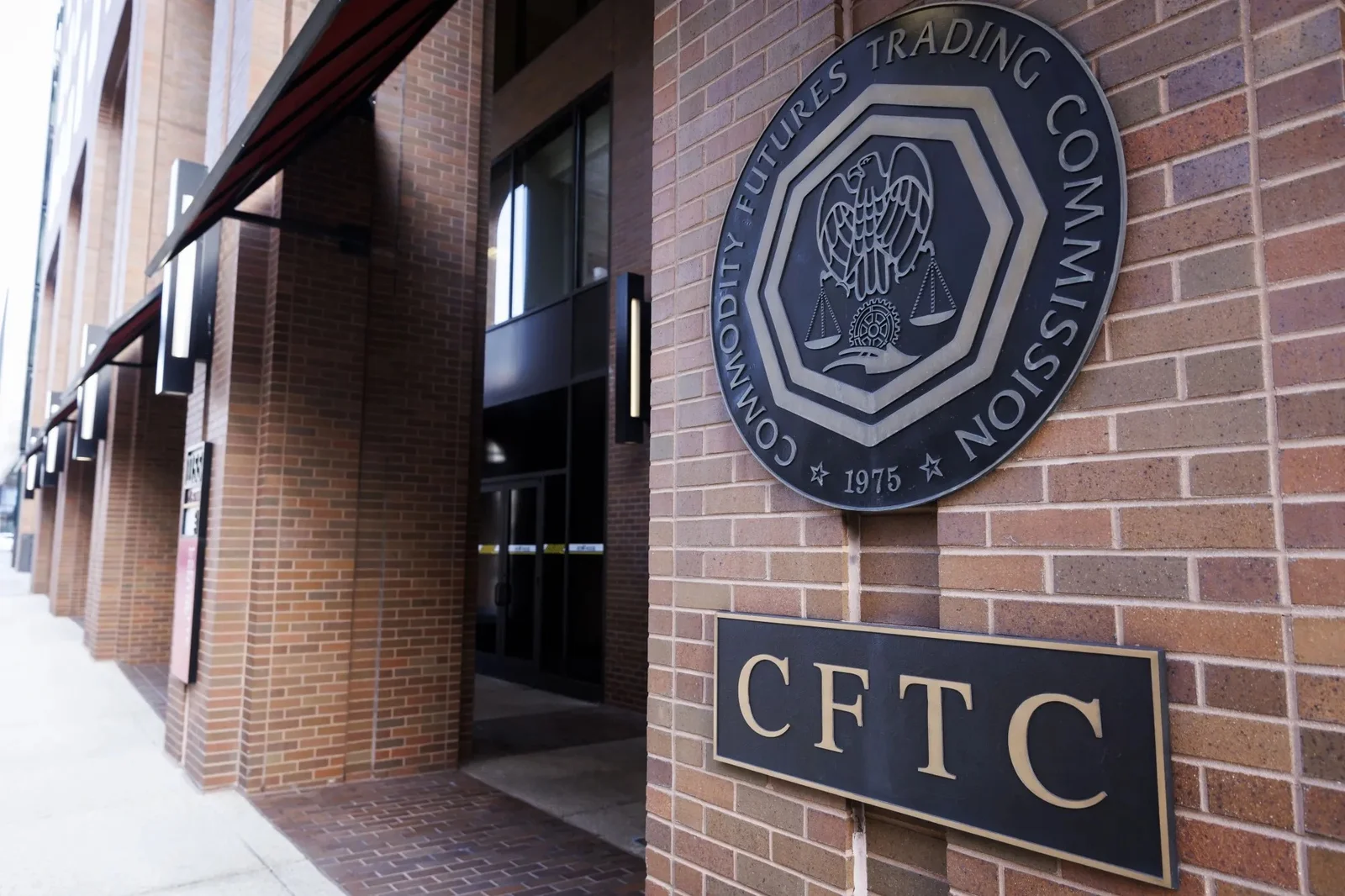
SEC’s “Project Crypto” Initiative: Is Crypto Reform Coming?
The U.S. Securities and Exchange Commission (SEC) is radically shifting its approach to cryptocurrency and blockchain-based financial systems. At yesterday's conference titled "America's Leadership in the Digital Finance Revolution," the agency's chairman, Paul Atkins, introduced a new initiative called "Project Crypto." With this initiative, the SEC aims to modernize securities regulations to include crypto assets and on-chain transactions.In his speech, Atkins stated that this transformation is necessary as part of his vision to "make America the capital of the crypto world." "When markets can operate seamlessly on-chain, there's no point in adding unnecessary intermediaries just to impose a brokerage system," Atkins said, emphasizing that current regulations are outdated and should not stifle innovation.Tokenization and New Financial StructuresThe project focuses specifically on tokenization. This refers to the process of creating digital representations of publicly traded securities, real-world assets, or any other value on the blockchain. However, these tokens do not provide direct ownership of the asset itself. Nevertheless, this technology is seen by figures like BlackRock CEO Larry Fink as a critical step in the "technological revolution of financial markets."The world's leading crypto platforms, Robinhood, Gemini, and Kraken, have already begun offering tokenized stocks to their users outside the US. Coinbase is awaiting SEC approval to offer a similar service in the US."Super Apps" on the agendaAnother issue Atkins emphasizes is "super apps." Apps like WeChat and Alipay, which have become a part of daily life in China, combine numerous services under one roof, from payment systems and messaging to social media integration and financial transactions. The SEC plans to simplify multiple licensing requirements and introduce a more efficient licensing model to enable such applications to thrive in the US. The super app Coinbase unveiled a few weeks ago is an early example of this transformation. Crypto custody, security classification, and flexible regulationOther topics the SEC is addressing include new regulatory models for crypto custody services, establishing clear boundaries for whether a token is considered a "security," and ensuring this classification doesn't carry a negative connotation. Atkins stated that exceptions and "safe harbor" regulations could be introduced for certain transactions.Furthermore, a framework is being developed that would allow for direct trading of securities on the blockchain and support decentralized structures. In this regard, it was emphasized that traditional National Market System (NMS) regulations need to change.Finally, Atkins announced plans for a new regulation called a "general innovation exemption" to allow innovative projects to quickly launch. This exemption would facilitate the launch of projects that don't fully comply with existing laws but meet certain principles and reporting requirements.
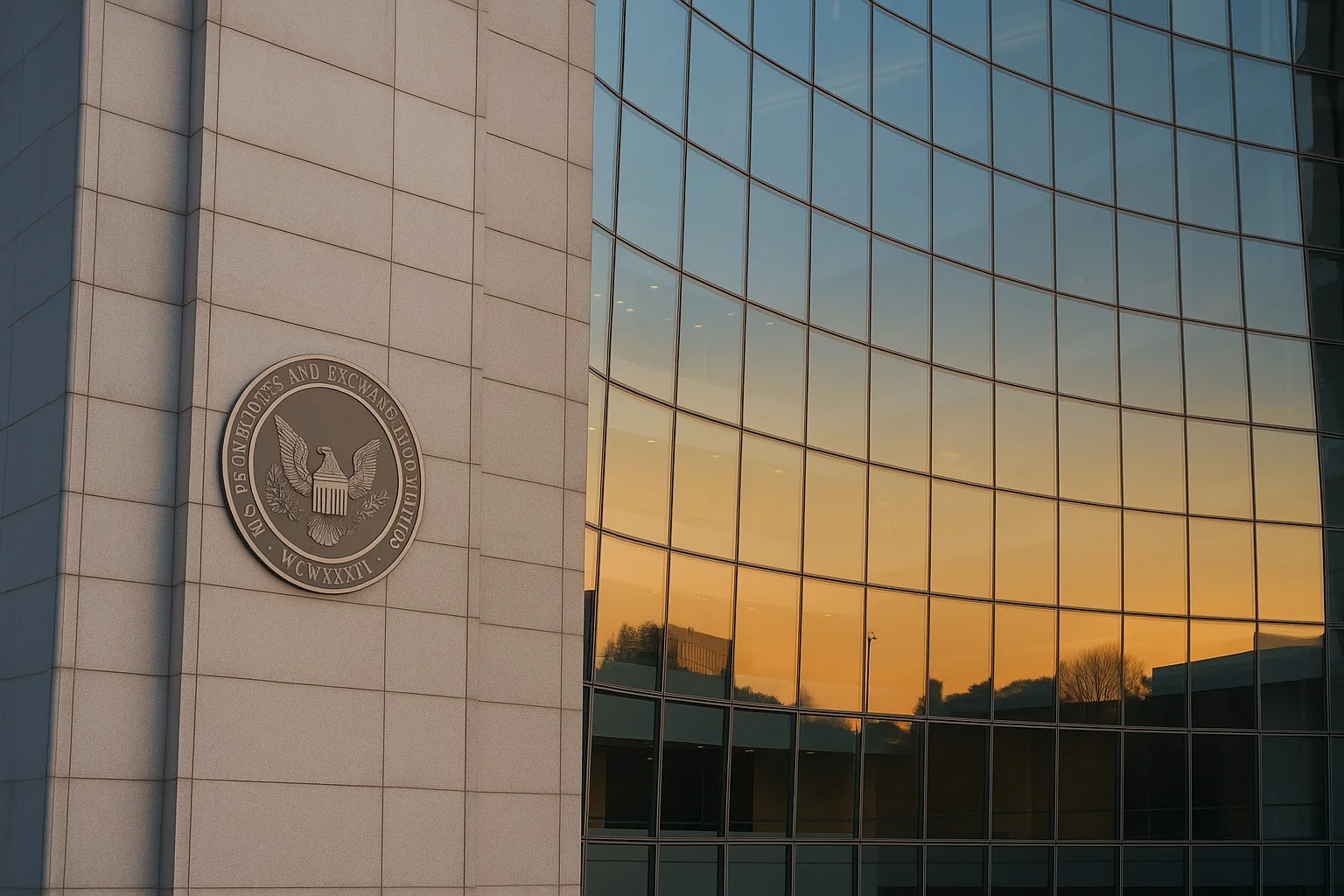
South Korea Strikes Crypto Leveraged Trading: Upbit and Bithumb Under the Scrutiny
South Korea's leading cryptocurrency exchanges, Upbit and Bithumb, have caught the attention of regulators due to their leveraged lending and short-selling products. The Financial Services Commission (FSC) and the Financial Supervisory Service (FSS) summoned officials from the country's five major exchanges to an emergency meeting last Friday, warning of increasing risks.These seemingly innovative products offer investors the ability to borrow and leverage up to four times using crypto collateral. However, local reports indicate that regulators believe such practices are similar to risky financial methods, which are often restricted to strict regulations in traditional markets, and could leave investors vulnerable without adequate legal protection.Tether lending suspended, Bithumb resistsOn July 4, Bithumb launched a lending service that allows users to leverage up to four times with ten different cryptocurrencies, including Bitcoin (BTC), Ethereum (ETH), and Tether (USDT). That same day, Upbit launched a similar service, but limited to Bitcoin, XRP, and Tether. However, following backlash, Upbit suspended its Tether lending service on Monday. The company is concerned that the product could fall under South Korea's Consumer Credit Law. Bithumb, on the other hand, amended its service structure on Tuesday, making some adjustments but maintaining its 4x leverage ratio."Regulators may interpret stablecoin loans as 'consumer loans' that carry interest. This carries legal liabilities," Catalyze Research CEO Ben Ko said in a statement. According to Ko, some segments of South Korea's crypto market still operate outside the confines of traditional financial risk management.Users May Flee AbroadFollowing these developments, the FSC and FSS plan to establish a joint working group with crypto exchanges to establish voluntary self-regulatory principles. However, some experts warn that such local restrictions could drive users to less regulated offshore platforms."Investors' departure abroad not only diminishes the effectiveness of local regulations but also exposes them to platforms with lower compliance standards," Ben Ko said. This could lead to increased risks such as fraud and asset loss.This crackdown on crypto lending services is part of South Korea's broader regulatory efforts for the digital asset sector. Earlier this week, the Bank of Korea announced that it had renamed its Digital Currency Research Laboratory to "Digital Currency Laboratory," effectively shifting its role from research to market oversight.FSC also presented a roadmap for the launch of spot crypto ETFs in the second half of 2025. This development signals a notable softening of the country's attitude toward crypto compared to previous years.

White House to Release First Crypto Report Today: What to Expect
US President Donald Trump's policy on cryptocurrencies will become clearer with a detailed government report to be released on July 30th. However, a comprehensive plan for the "Strategic Bitcoin Reserve," a dream investors have long dreamed of, may not be included in this document.The "Presidential Working Group on Digital Asset Markets," established by Trump's executive order in January, was tasked with preparing this report. In addition to establishing a proposed regulatory framework for crypto assets, the working group was responsible for developing criteria for a government-held digital asset reserve.Cryptocurrencies and shares of publicly traded cryptocurrency companies like Coinbase have been on the rise since Trump took office in January. Bitcoin has gained 26% this year, reaching $123,000. During this period, many regulatory barriers have been removed, and barriers preventing banks and exchanges from operating with crypto have been reduced.This report, to be released by the White House on July 30th, is being described by industry leaders as a "regulatory bible." The report states: It is expected to shed light on areas such as stablecoin regulations, crypto companies' access to the banking system, and the impact of virtual assets on national security.However, the most interesting part of the report will be the government's cryptocurrency reserve strategy. In another executive order issued in March, Trump proposed the creation of a digital asset stockpile called the "Strategic Bitcoin Reserve." This stockpile will primarily consist of assets seized in operations by agencies such as the FBI and the Department of Justice.However, officials state that this report will not directly outline a plan to purchase Bitcoin. According to a White House official, the primary goal of this report is to establish a clear and comprehensive regulatory framework. The details of the Bitcoin reserve rest with Treasury Secretary Scott Bessent and Commerce Secretary Howard Lutnick. The official said, "We will continue to work on funding mechanisms for the SBR (Strategic Bitcoin Reserve), but the Treasury will bear most of the burden."The US government currently holds 198,012 Bitcoins, valued at approximately $23.2 billion. However, there's a key difference between "seized" and "transferred" Bitcoins. Officially, only assets whose ownership has been transferred are considered state-owned. Others are often used as compensation for victims or transferred to the treasury.Crypto industry representatives believe this report will form the basis for regulatory changes not only today but also for the coming years. Cody Carbone, director of The Digital Chamber, states that clarity on tax policies is a top priority for the industry.When might the report be released?Details of the report will be shared with industry representatives at a briefing scheduled for 9:30 PM on Wednesday. However, it remains unclear whether the report will be released before or after the meeting. The Fed's interest rate decision will also be released at the same time. This means cryptocurrencies could have a very busy evening. The Trump administration continues its vision of making the US a leading cryptocurrency market. However, expectations regarding a Bitcoin buying strategy appear to be on hold for the time being.
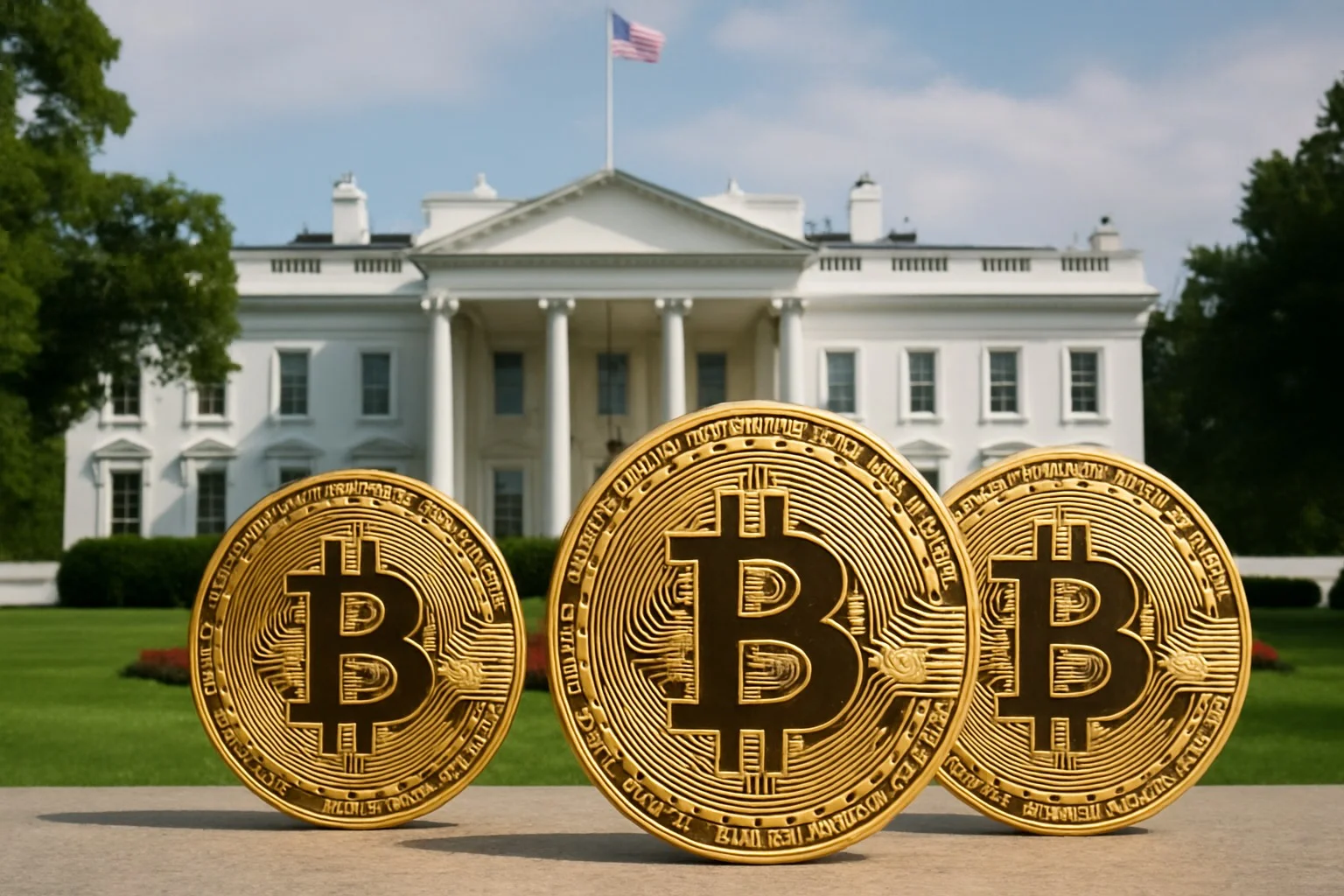
SEC Takes Historic Step for ETFs: Cryptocurrency Trading Period Begins
The U.S. Securities and Exchange Commission (SEC) has made a critical decision for cryptocurrency markets. It has greenlit "in-kind" transactions, meaning the creation and redemption of cryptocurrencies directly, for Bitcoin and Ethereum spot ETFs. This development offers significant flexibility in the sector's operations compared to the period when spot ETFs, approved in early 2024, were limited to cash transactions only.This decision, taken by the SEC's vote on July 29th, is expected to reduce costs, increase liquidity, and provide tax advantages for both ETF issuers and institutional investors. Commission Chairman Paul S. Atkins stated after the vote, "Developing a fit-for-purpose regulatory framework for cryptocurrency markets is one of my top priorities. These decisions will contribute to lower cost and more efficient investment products." The image in the X post shared by Atkins regarding the subject. Traditional ETF mechanism brought to crypto"In-kind" transactions have been used for years in traditional stock and commodity ETFs. In this system, authorized participants can create or redeem ETF shares directly in exchange for the underlying asset. For example, in gold ETFs, this mechanism allows investors to purchase ETF shares instead of physical gold, or to redeem shares to receive gold.With the SEC extending this practice to crypto ETFs, ETF companies will now be able to directly purchase or deliver the underlying asset, Bitcoin or Ethereum. This will largely eliminate issues such as price fluctuations, transaction delays, and high costs associated with cash transactions.The decision also introduces a significant tax advantage for investors. In cash redemptions, the issuing ETF is required to liquidate the fund by selling the underlying asset, resulting in capital gains that are passed on to investors. However, in in-kind redemptions, the investor will purchase Bitcoin or Ethereum directly, leaving the sale decision entirely at their discretion. This will defer taxation.Furthermore, this flexibility will enable market makers and fund managers to better manage liquidity. Results such as narrowing spreads, increased trading volume, and enhanced market depth are expected. Experts note that this development could trigger new institutional inflows into ETF products. The SEC's decision also aligns with the US's attempt to catch up with international developments. Hong Kong initially allowed in-kind transactions in the Bitcoin and Ether ETFs it launched in April 2024. In some jurisdictions, such as Ontario, Canada, this flexibility was not initially granted. However, the clarity in Hong Kong and the SFC's requirement to work with licensed crypto exchanges ensured the system's smooth operation from the outset.On the US side, the process was challenging. Even within the SEC, this strict approach was criticized. Commissioner Mark Uyeda, during the January 2024 approval process for spot Bitcoin ETFs, stated that "approaching crypto with such caution while the same transaction is standard for physical gold-backed ETFs is a double standard," stating that the decision set a "worrying precedent."The ETF market and the crypto sectorThe approval of spot Bitcoin ETFs in early 2024 led to significant growth in the sector. These products, which have reached billions of dollars in assets under management, have seen their transaction volume increase, while new applications have also accelerated. The SEC's latest move could lead to a more flexible and investor-friendly structure for both approved products and future fund applications.
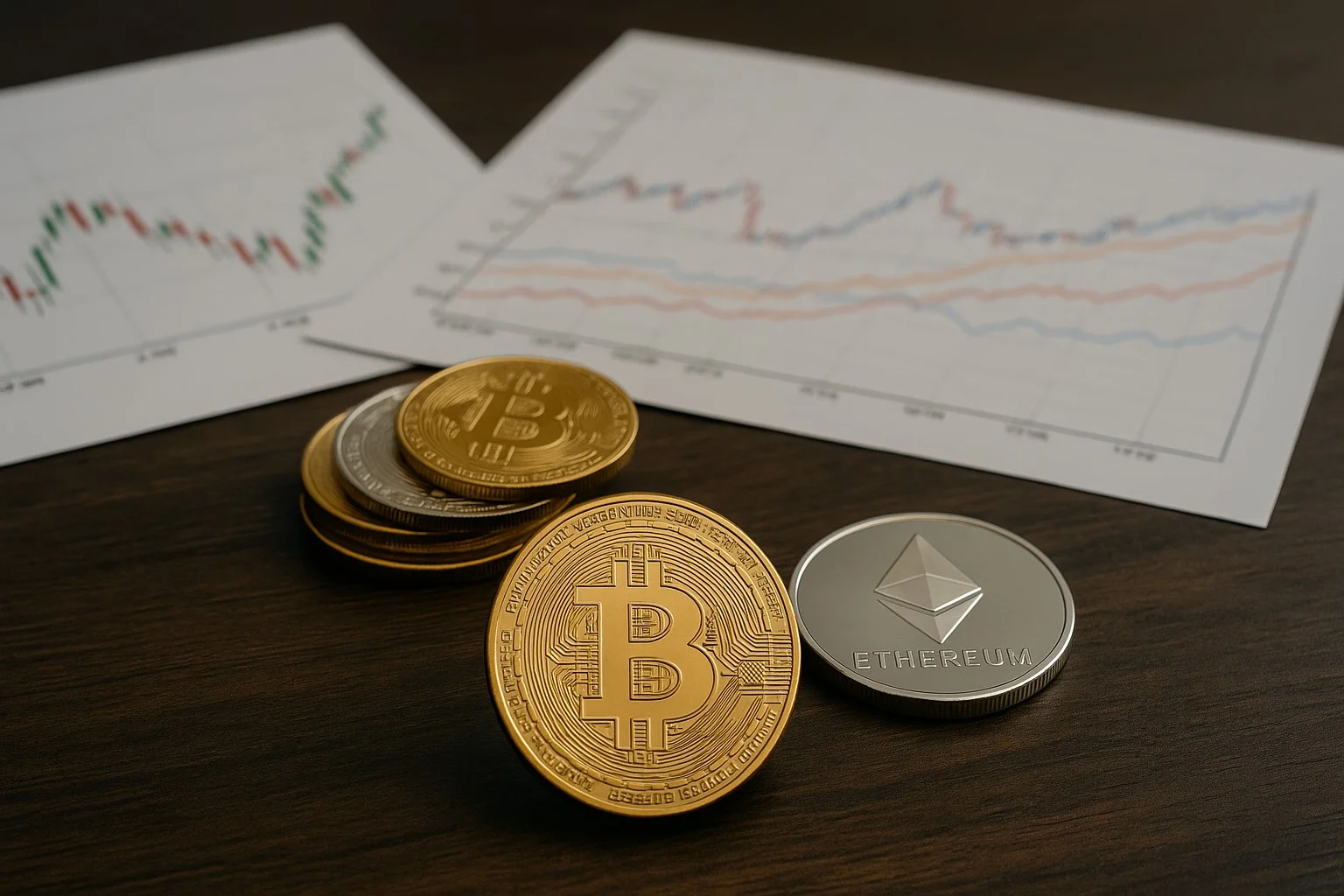
Multi-Altcoin ETF Receives SEC Approval: Launch on Hold
The U.S. Securities and Exchange Commission (SEC) approved the expedited conversion of Bitwise's 10-asset crypto index fund to an exchange-traded fund (ETF). However, in an unexpected move, the ETF's launch was halted following a regulatory decision made the same day. This sparked confusion and backlash among both investors and market analysts.According to the SEC's statement, the approved ETF will track the Bitwise Crypto Index. The index's current allocation includes major cryptocurrencies such as Bitcoin (78.72%), Ethereum (11.10%), and XRP (4.97%), as well as altcoins such as Solana, Cardano, Chainlink, SUI, Avalanche, Litecoin, and Polkadot. Crypto asset custody will be provided by Coinbase Custody, while cash management and administrative duties will be handled by BNY Mellon. According to SEC regulations, at least 85% of the fund must consist of cryptocurrencies currently approved for ETFs. Bitcoin and Ethereum are the leading assets that meet this requirement. The remaining 15% consists of coins that have not yet been approved for ETFs, such as XRP and Solana. The fund will rebalance monthly, adjusting its allocation based on index updates.The Bitwise ETF will operate similarly to traditional ETFs, as it is designed to issue and redeem shares in large blocks called "Creation Units."Unexpected hold: Launch suspendedDespite all these developments, the SEC issued a stay order halting the ETF's official launch. Based on the SEC's Rule 431(e), the fund's launch has been postponed indefinitely. As previously reported, this decision was similarly applied to Grayscale's large-cap crypto ETF. ETF Store President Nate Geraci, in a statement on social media platform X, called this decision "bizarre," stating that the SEC's initial approval and subsequent suspension of the launch created significant uncertainty for investors. "This delay clearly contradicts the approval given," Geraci said. "Products like Bitwise and Grayscale need to begin trading as soon as possible." According to Bloomberg ETF analyst James Seyffart, the SEC's sudden move may be part of a larger strategy. Seyffart suggested that the agency is attempting to delay the listing of such index funds on the exchange until its overall crypto ETF policy is clarified. Indeed, the SEC still hasn't finalized its decision on whether XRP, Solana, and similar assets are securities.The SEC's decision to curb ETFs hasn't halted the altcoin market. Over the past 30 days, Bitcoin's market dominance has declined from 65% to 60%, while altcoins like Ethereum, Dogecoin, XRP, and Cardano have seen some gains. The Bitwise ETF is currently only traded on the OTC (over-the-counter) market. However, if the SEC's decision is reversed, the fund could be listed on a national exchange, reaching a much broader investor base. This would create a new crypto investment vehicle for both individual and institutional investors.But for now, the situation remains this: While the Bitwise ETF has technically received approval, the launch has yet to be finalized.
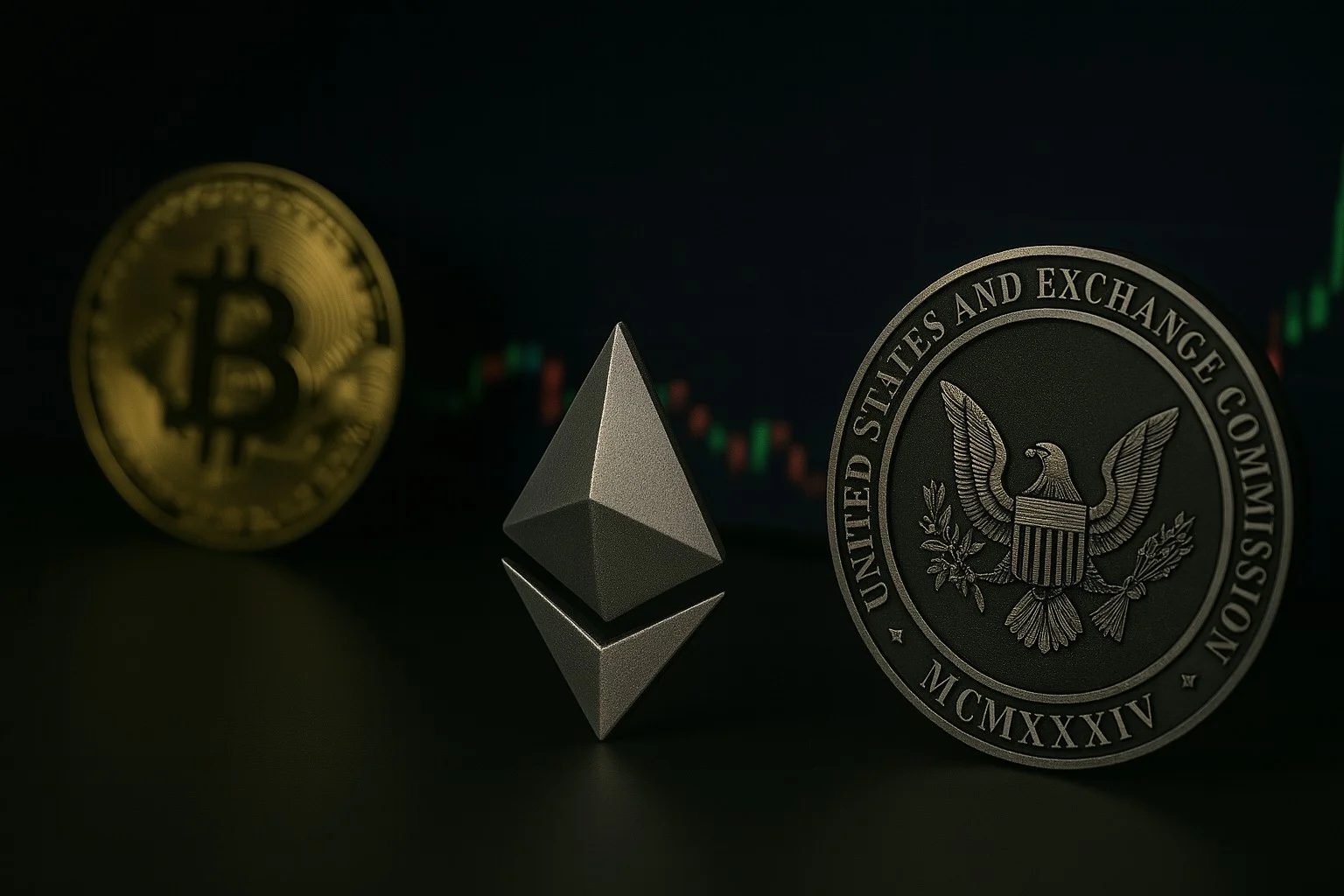
US Banking Industry Opposes Crypto Bank Licenses: Are Ripple and Circle in Danger?
The United States' largest banking groups have called on the country's financial regulator, the Office of the Comptroller of the Currency (OCC), to suspend applications for national bank licenses by crypto companies like Ripple and Circle. The reasoning is clear: These applications could trigger a "fundamental policy change" in the current legal framework.Traditional banks oppose crypto bank licensesA joint letter signed by five major organizations -the American Bankers Association, Credit Unions of America, the Consumer Bankers Association, and the Independent Community Bankers Association- emphasized that the OCC should provide more information to the public before granting such licenses. The letter alleges that the business models offered by Ripple and Circle do not meet the "custodial activities" that national trust banks are legally required to perform. In particular, Circle's plans to manage USDC reserves and institutional crypto asset custody, as well as Ripple's applications to comply with regulation for its new stablecoin services, have raised serious concerns in the traditional banking sector. Concerns about a potential "back door" in the banking systemAnother noteworthy point in the letter is that granting bank licenses to crypto companies in areas where they have no or secondary trust activity could contradict the OCC's past practices. It warns that if this is allowed, other companies could follow suit and obtain "de facto" bank licenses, creating regulatory gaps.It states that such a move could lead to the emergence of a new breed of financial actors, with the same privileges as traditional banks but operating under significantly less capital requirements and regulation.Caitlin Long and Paradigm react: "They're afraid of competition"Caitlin Long, founder of crypto-focused Custodia Bank, interpreted the developments as "clear resistance from the banking lobby" and suggested that the matter would likely be taken to the courts. According to Long, if licensing comes with such a low capital requirement, why shouldn't traditional banks also transform into trust companies and continue their operations? Paradigm's public policy director, Alexander Grieve, made a similar comment: "Banks and credit unions rarely see eye to eye on anything. But when real competition comes from the crypto sector, they manage to unite." Meanwhile, according to attorney Logan Payne of the law firm Winston & Strawn, the recently passed GENIUS law has increased the incentive for stablecoin issuers to seek bank licenses. While the new law only allows for stablecoin issuance, these companies have a much broader scope of operations in real life. Obtaining a national trust bank license could make it easier for them to pursue these activities.
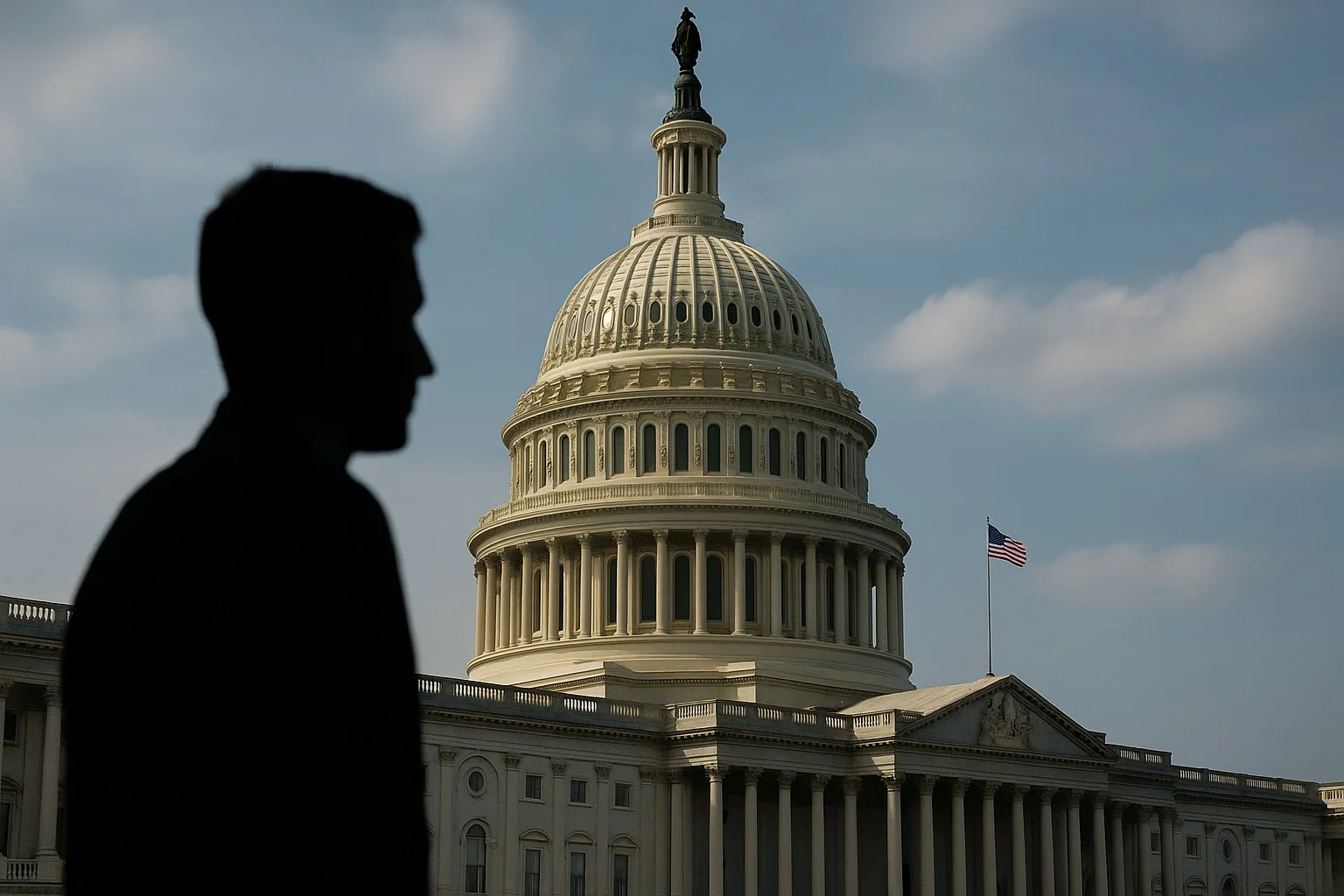
CMB Crypto Update: New Customer Ban on 10 Platforms, 45 Companies on Liquidation List
The Capital Markets Board (CMB) has taken another important step towards the crypto asset sector. The Board has banned 10 crypto asset platforms currently undergoing license applications from accepting new customers until further notice. The decision was made at the CMB meeting on July 17, 2025, and the regulation was announced to the public via a note added to the "List of Active Users." With this decision, the aforementioned platforms will only be able to continue to mediate transactions for their existing users. The CMB stated, "The list published here was created to inform the public about the organizations that declared they would operate in accordance with the temporary Article 11 of Capital Markets Law No. 6362. In this context, the existence of the "List of Active Users" does not mean that the organizations on this list are authorized under the relevant legislation." Some companies on the CMB list. Platforms temporarily halting new user acceptance announcedThe 10 platforms temporarily halting new customer acceptance include: Arbitex, GMS Global, Gümüş Global, Kriptrade, Mexc, Necen, Ovro, Rootech, Web3, and Yuex. Although these companies are in the process of obtaining licenses from the Capital Markets Board (CMB), they are subject to restrictions on customer acquisition due to the ongoing audit process. Existing users are exempt from this decision; therefore, there will be no interruption to trading or other services.Being included on the "Operating" list does not automatically mean full authorization. This move by the CMB demonstrates that a mere declaration of intent is not sufficient for a license and that compliance with certain criteria is mandatory throughout the process.Liquidation process initiated for 45 platformsAnother important update from the CMB is the list of crypto asset companies entering liquidation. According to the latest announcement, 45 companies have decided to cease operations and are included on the "In Liquidation Process" list. Notable names on this list include the Turkish representatives of international platforms such as Bitfinex, BingX, Coinbase, Bitget, and Nexo, as well as Coinlist and Coinstate.While no official explanation has been released as to why these companies were placed in liquidation, it is believed that companies that failed to comply with licensing criteria or withdrew their applications were included on this list.Sector Remainers and Custody ApplicationsThe CMB's list includes a total of 60 organizations that are stated to continue their operations. The majority of these companies are platforms already active in Turkey with large user bases. Well-known brands such as Binance Turkey, BtcTurk, Paribu, Bitexen, and ICRYPEX remain on this list.The number of institutions applying to provide custody services has also been clarified. Nine major institutions, including Akbank, Garanti BBVA, İş Bankası, and Yapı Kredi, have applied for crypto custody licenses to ensure the security of investor assets. This demonstrates that traditional financial institutions have reached a significant threshold in their integration into the crypto world. The Capital Markets Board (SPK) emphasized that the published lists are for informational purposes only, and that the organizations included on these lists are not yet officially authorized. Institutions will be required to apply for authorization from the SPK in accordance with the regulations that will come into effect. Therefore, the process is not yet complete.

The US House of Representatives Passes 3 Crypto Bills, Trump Also Makes 401(k) Moves
The cryptocurrency market in the US has entered a historic turning point. The House of Representatives has passed three important bills regarding crypto assets, laying the foundation for a clear legal framework for both the sector and investors. These bills were voted on as part of "crypto week," a period primarily led by Republicans.One of the most notable bills passed in the House was the Digital Asset Market Clarity (CLARITY) Act. This bill passed with a vote of 294-134, while another significant piece of legislation, the Guiding and Establishing National Innovation for US Stablecoins (GENIUS) Act, passed with a vote of 308-122. The more controversial Anti-CBDC Surveillance State Act was approved by a narrower margin of 219-210. In other words, it's safe to say that the two parties are beginning to find common ground on the regulation of crypto assets. The CLARITY and GENIUS bills, in particular, received significant support from Democrats. However, the anti-CBDC bill, due to its opposition to central bank digital currencies, has generated more controversy and been heavily criticized by Democrats.Following this flurry of activity in the House, all eyes are now on the Senate. The CLARITY and anti-CBDC bills will undergo further debate in the Senate. The GENIUS Act, having passed the Senate in June, will be directly submitted to President Donald Trump for approval. Trump is expected to sign it by Friday.Trump plans to include crypto in retirement plansHowever, Trump's crypto agenda doesn't end there. According to the Financial Times, President Trump is preparing an executive order that would allow 401(k) plans to invest in cryptocurrencies and other alternative assets. This executive order would allow individual retirement accounts to access crypto assets like Bitcoin, not just stocks and bonds.This potential change would reinforce the decision made by the US Department of Labor in May, following the withdrawal of restrictions imposed during the Biden administration. Major financial companies like Fidelity have already begun offering crypto-backed 401(k) accounts. As of 2024, there were more than 715,000 401(k) plans in the US, with a total of $8.9 trillion in assets under management.Trump's moves toward crypto are not limited to the economy. The president has nominated attorney Eric Tung, who has close ties to the crypto industry, to the Ninth Circuit Court of Appeals, one of the most powerful appellate courts in the US. Tung previously represented the Blockchain Association in the Tornado Cash case and is known for his rhetoric supporting stablecoin companies. If confirmed, his appointment could have significant impact, particularly in jurisdictions encompassing technology and crypto hubs like California.However, the opposition has also drawn harsh criticism. Representative Maxine Waters described this week as "crypto corruption week," arguing that the enacted laws could weaken financial oversight and create systemic risks similar to the 2008 crisis.
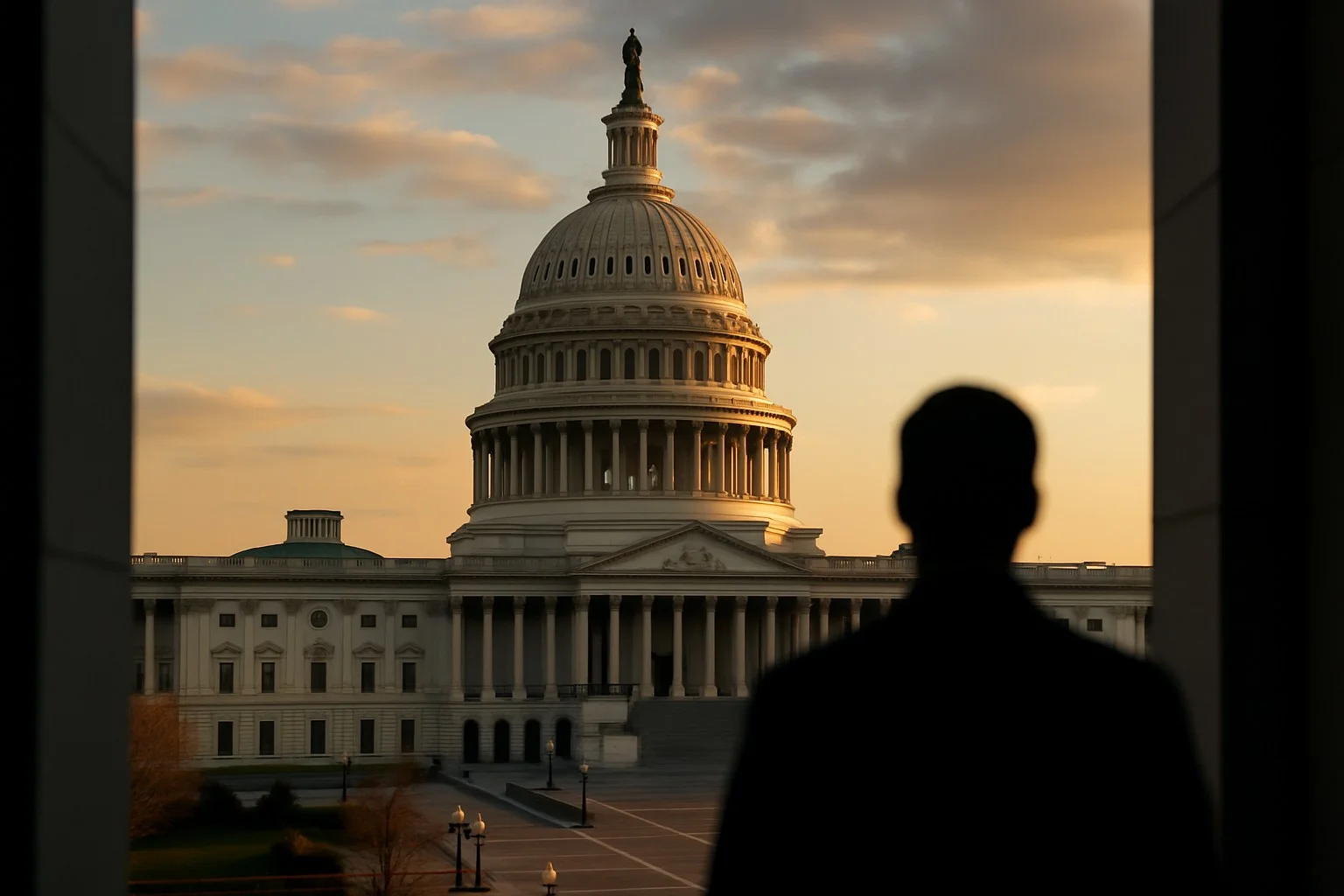
US Takes Historic Step in Crypto Regulation: Progress Made on CLARITY and GENIUS
The US House of Representatives has taken a historic step toward providing regulatory clarity for crypto assets. Two critical bills, the CLARITY Act and the GENIUS Act, have advanced after a procedural process that lasted approximately 10 hours, marking the longest vote in Congressional history. This development means that long-awaited regulations for the crypto sector could finally become law.The process was shaped by internal tensions and negotiations within the Republican Party. As we reported, the bills, which failed to gain support from some Republican lawmakers in their initial vote on Tuesday, were officially introduced to the House floor on Wednesday, receiving the necessary procedural approval by a vote of 217-212. Closed-door meetings with US President Donald Trump, in particular, were decisive in changing the minds of some hesitant lawmakers.The most critical element in paving the way for the bills was the addition of language to the CLARITY Act that includes "tough measures against Central Bank Digital Currency (CBDC)." This addition provides a safeguard against the federal government's potential surveillance powers over citizens. While the GENIUS Act cannot be amended, this agreement was sufficient to win the support of many undecided lawmakers.House Financial Services Committee Chairman French Hill, in a statement after the vote, welcomed the process, saying, "Thanks to the efforts of President Trump, Speaker Mike Johnson, and Republican leaders to advance the digital asset agenda, we have achieved a historic success."What do CLARITY and GENIUS aim to do?The CLARITY Act aims to provide a clear regulatory framework for cryptoasset markets. The bill was drafted by House Agriculture Committee Chairman G.T. Thompson and subcommittee chairs Dusty Johnson and Bryan Steil. It aims to clarify fundamental issues such as how digital assets will be classified and which institutions will oversee them.The GENIUS Act, on the other hand, focuses specifically on the stablecoin market and aims to increase consumer protection and encourage innovation in this area. If enacted, the bill could usher in a new era in the US digital asset sector. Additionally, the "Anti-CBDC Surveillance Act," introduced separately by House Majority Discipline Officer Tom Emmer, aims to prevent central bank digital currencies from violating citizens' privacy.Record-length voting time marks crypto weekThe procedural vote, which began at 1:19 PM on Wednesday, concluded at exactly 9:04 PM. The tension and negotiations that ensued during this period formed the backdrop for one of the most significant legislative steps in crypto history. Rep. Bryan Steil shared the following on social media platform X: "After the longest House vote in history... Crypto Week continues in full swing!" If the bills are approved in the final vote in the coming days, President Trump is expected to sign the GENIUS Act into law by the end of the week. This could bring long-awaited regulatory clarity for digital assets in the US and usher in what supporters call a "golden age."
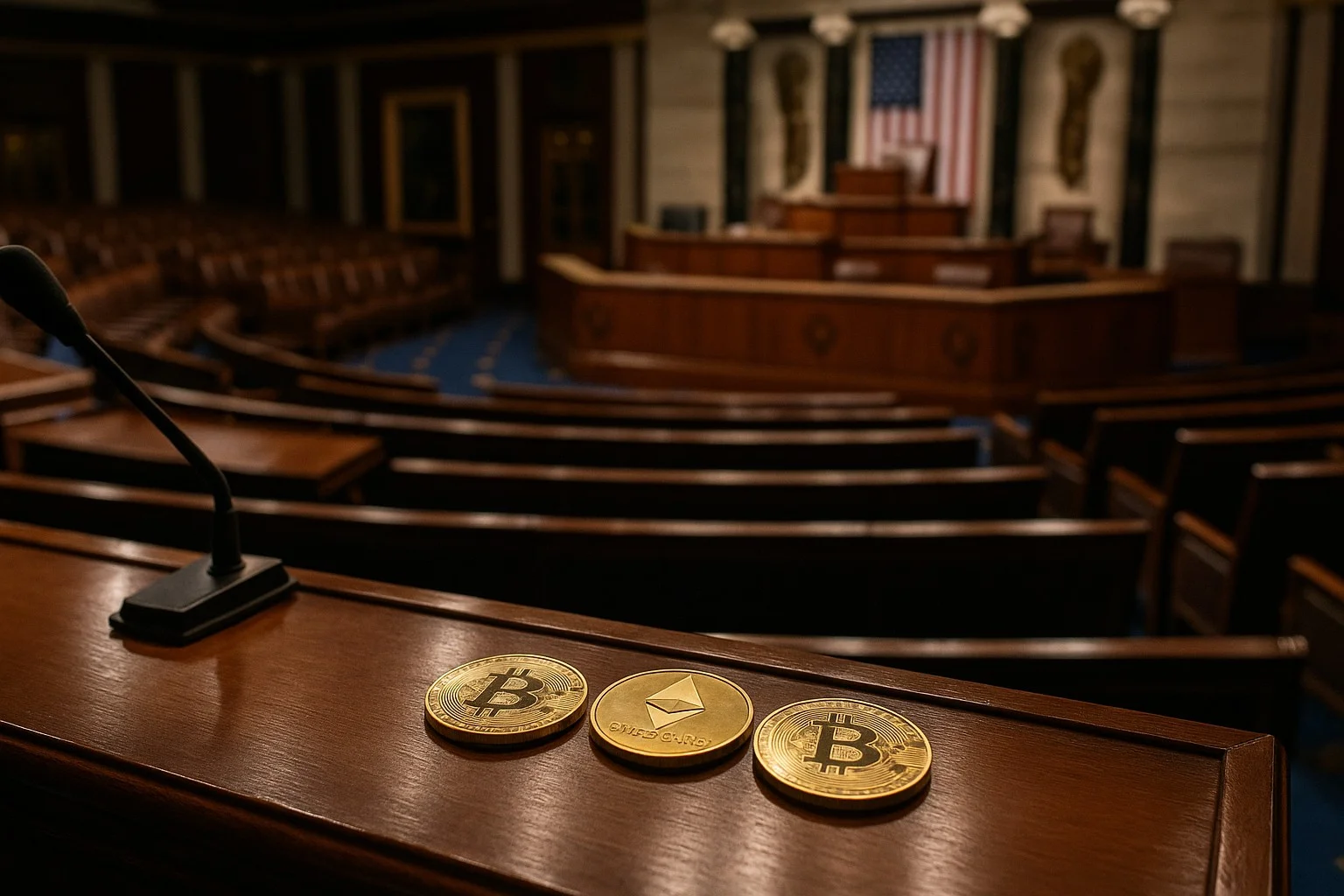
Crypto Bills Deadlocked in US House of Representatives: Trump Takes Action
While critical cryptocurrency regulation bills were expected to be brought to a vote in the US House of Representatives, their unexpected rejection in a preliminary vote on Tuesday has thrown the so-called "Crypto Week" into uncertainty. The House voted 223 nays to 196 yeas, preventing three key bills from advancing to a floor vote. House sources indicated that the process will be revisited on Wednesday.At the center of the vote are two major bills: the Guiding and Establishing National Innovation for U.S. Stablecoins (GENIUS) Act and the Digital Asset Market Clarity (CLARITY) Act. These bills were designed to establish the legal framework for stablecoins and create a regulatory infrastructure for digital asset markets, respectively.The GENIUS Act has already passed the Senate and, if enacted, would require stablecoin companies to fully back their holdings with US dollars or similar liquid assets. It would also impose annual audit requirements for companies with a market capitalization exceeding $50 billion and establish rules regarding foreign issuances. This bill was expected to reach President Donald Trump's desk before the end of July.The CLARITY Act aims to broadly regulate the cryptocurrency market. The bill clarifies the division of authority between the SEC (U.S. Securities and Exchange Commission) and the CFTC (Commodity Futures Trading Commission), requires companies to provide transparency for retail investors, and requires the separation of client assets from company assets.Opposition from some Republican lawmakers prevented the bills from advancing in Tuesday's vote. Marjorie Taylor Greene, Chip Roy, and Anna Paulina Luna, among others, voted "no," citing concerns about central bank digital currencies (CBDCs). Greene stated in a social media post that she opposed the GENIUS bill because it did not ban CBDCs, which she called "unacceptable." Responding to these criticisms, Chamber of Digital Commerce CEO Cody Carbone argued that the concerns were unfounded, as a separate bill introduced by Emmer and aimed at blocking CBDCs was already on the ballot. Carbone said, "If we want to combat CBDCs, we need to pass the GENIUS Act, which would allow for the development of a private stablecoin market."Trump Takes ActionFollowing these developments, President Trump announced on the social media platform Truth Social that the bill would pass on Wednesday. He stated that he had met with 11 of the 12 Congressional Representatives in the Oval Office, and that all of them had pledged their support for the GENIUS bill. He also noted that House Speaker Mike Johnson had pledged to hold the vote as early as possible. According to the new voting schedule, voting on the GENIUS Act, the CLARITY Act, and the Anti-CBDC Act is expected to resume on Wednesday at 12:20 PM US time.
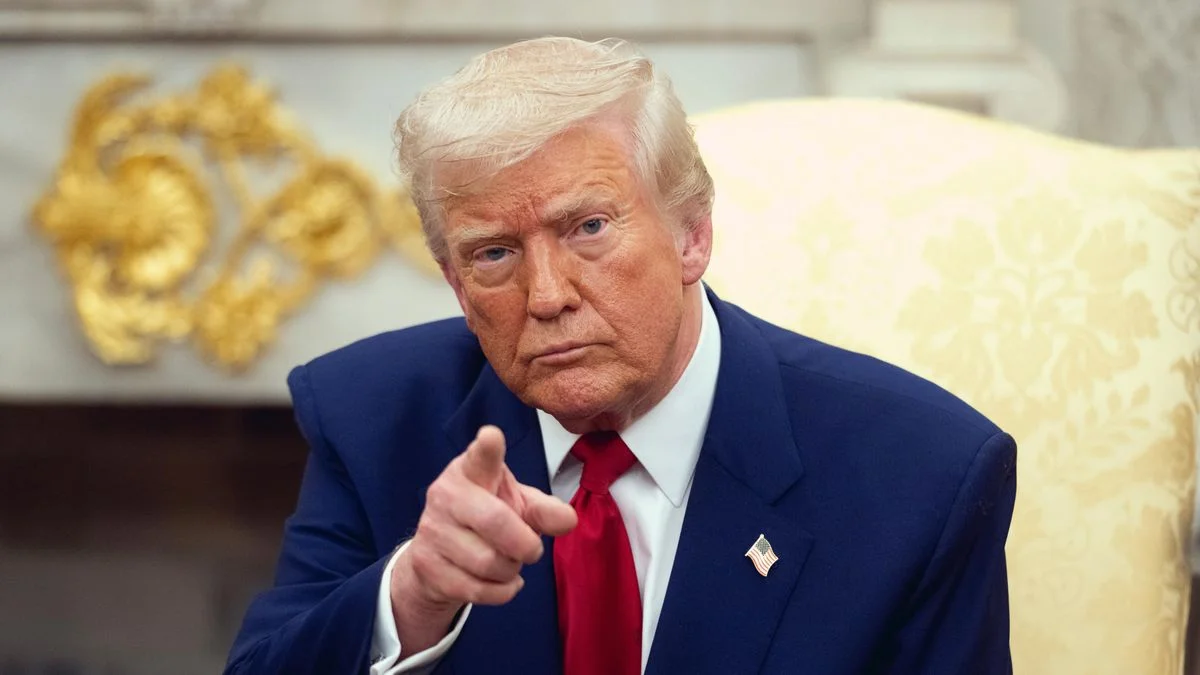
Joint Crypto Statement from the Fed, FDIC, and OCC to Banks
Three major banking regulators in the United States have issued an important statement regarding banks' relationship with crypto assets. The Federal Reserve (Fed), the Office of the Comptroller of the Currency (OCC), and the Federal Deposit Insurance Corporation (FDIC) reiterated that banks must comply with existing laws and risk management principles when custodial crypto assets on behalf of their customers.The statement emphasized that the risks banks may face when offering crypto asset custody services should be carefully evaluated, just as with any other new product or service. The institutions clarified in their statements that this statement does not create any new regulatory expectations. Instead, it aims to remind banks of how existing laws and regulations should apply to crypto asset custody activities.Critical issues banks should be aware of include cybersecurity vulnerabilities, cryptographic key protection, and the management of sensitive data. The agencies' joint statement stated, "A banking institution planning to provide crypto asset custody services should consider the continuous evolution of the crypto asset market and the technology underlying these assets and establish a flexible risk management framework accordingly."Regulators also emphasized that effective anti-money laundering regulations, audit processes, software infrastructure, and governance controls are required to ensure these activities operate within legal frameworks."Crypto Week" has begunThis announcement came as part of the US House of Representatives' "Crypto Week." Various cryptocurrency-related bills are expected to be voted on this week, and comprehensive regulations are expected to take shape. The new legal frameworks aim to establish clearer rules for the cryptocurrency market.Meanwhile, US crypto policies are being reshaped with the change of presidency. The regulatory changes introduced by the Trump administration indicate a significant easing of restrictive regulations implemented during the previous Biden administration. Notable examples of these changes include the OCC's announcement in May that US banks could trade crypto assets for their own accounts, and the FDIC's lifting of the requirement for banks to provide advance notice for crypto activities.The appointment of individuals known to be crypto-friendly to the helm of regulatory bodies is another indicator of this political shift. Jonathan Gould, appointed to the OCC by the Senate last week, previously served as general counsel at Bitfury.The increasing involvement of banking institutions in the crypto space demonstrates the increasingly clear-cut nature of the US's approach to the crypto industry. However, regulators continue to emphasize the need for banks to exercise caution and effectively manage technology-based risks during this process.

Watch Out for July 22: Cryptocurrency Report to be Presented in the US
The US is preparing to take another important step towards its goal of becoming a global leader in cryptocurrencies. The Trump administration is continuing its work on a new “Digital Asset Report” expected to be presented on July 22. This comprehensive report will include recommendations and regulations that will shape US policies on cryptocurrencies.This development comes after US President Donald Trump signed an executive order in January that aims to strengthen America’s position in the crypto industry. The administration’s ultimate goal is to make the US a global hub for cryptocurrencies.Bitcoin reserve on the agenda: Funding can be provided without increasing tax burdenOne of the most striking headlines of the report is America’s plan to create a strategic Bitcoin reserve. According to industry sources, alternative funding methods that will not impose an additional burden on taxpayers are proposed for the financing of this reserve. Although this plan has not yet been finalized, it is expected that the US government’s influence on cryptocurrencies will increase if it is implemented.If this reserve plan is formalized, America’s leadership in the crypto market will be further consolidated and a strong national asset base will be created in the digital economy. A new era may begin in the US's crypto policies.National framework for cryptocurrenciesThe report being prepared is not limited to the Bitcoin reserve. With the proposal of the US Congress, the establishment of a federal digital asset regulatory framework for stablecoins is also on the agenda. In addition, it is suggested that steps be taken to ensure that crypto companies receive equal service from banking institutions such as the Federal Reserve. This approach aims to reduce discrimination against crypto companies in the financial system and provide more equitable access to the sector.Statement from the CFTC Chair: "Crypto roadmap"Caroline Pham, Interim Chair of the US Commodity Futures Trading Commission (CFTC), defined the report in question as a "cryptocurrency roadmap". The report is expected to include new legal and regulatory proposals, as well as the steps taken by federal institutions for digital assets to date. The idea of a national digital asset reserve, announced by Trump in March, will also be one of the focal points of the report.The timing of the proposals to be included in the report is also noteworthy. The Trump administration has declared the week of July 14 as “Crypto Week.” Within this scope, crypto regulation bills will be discussed in the House of Representatives. Experts state that this report can be used as a critical policy tool in Trump’s upcoming election process. In general, we can say that there has been positive news about cryptocurrencies from the US recently. As we have previously reported, two US institutions will hold important hearings on cryptocurrencies on July 9, tomorrow. The House of Representatives will hold a hearing titled “Making America the Crypto Capital of the World: Ensuring Digital Asset Policy Fit for the 21st Century.” The Senate will hold a hearing titled “Building Tomorrow’s Digital Asset Markets.” In particular, providing legal clarity for Bitcoin and altcoins is very valuable for the sector.
